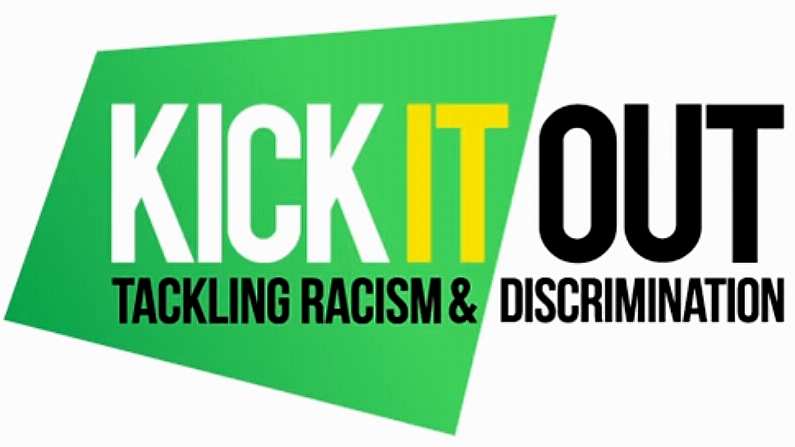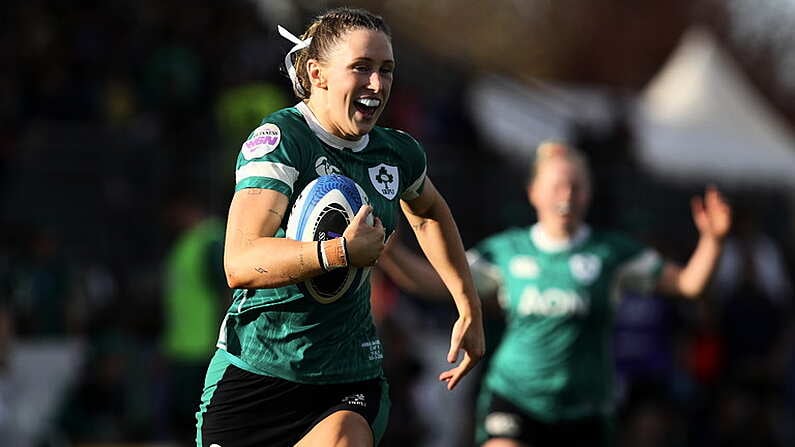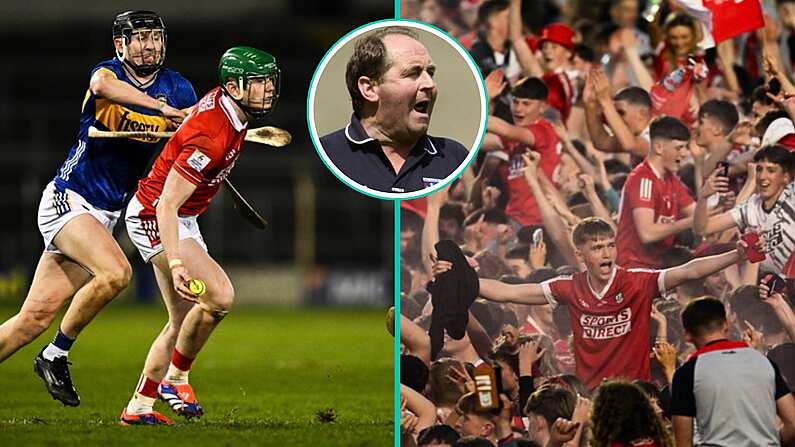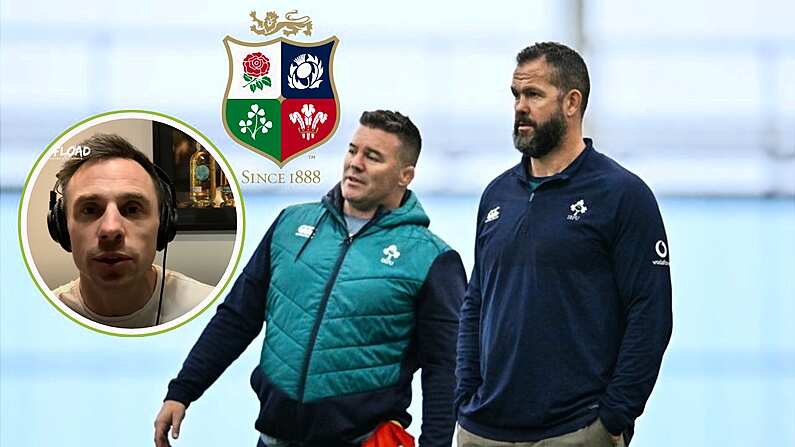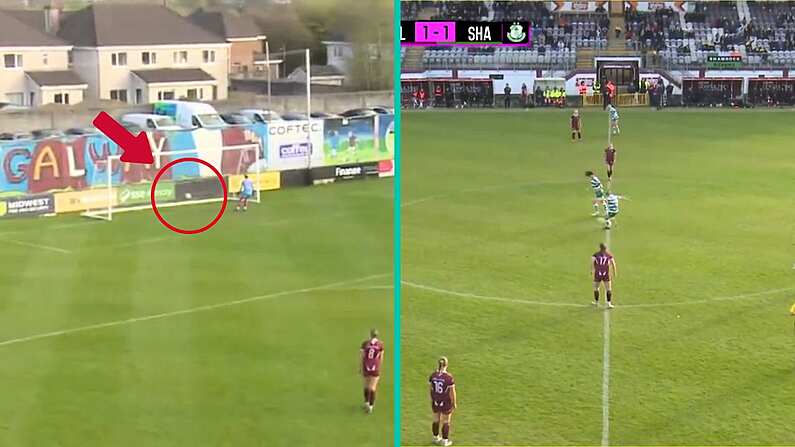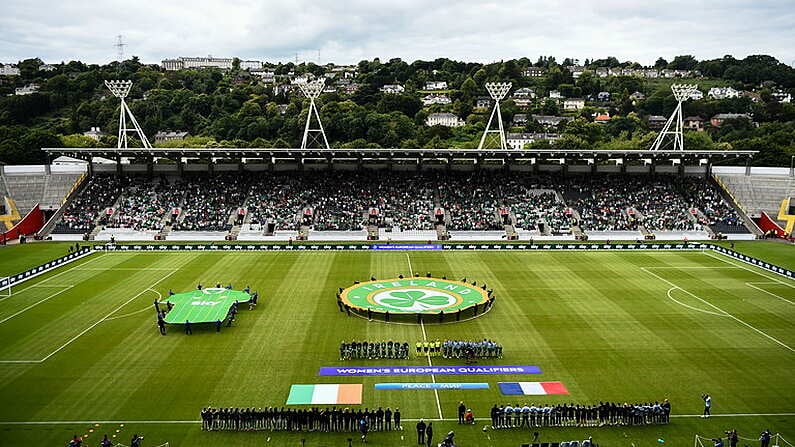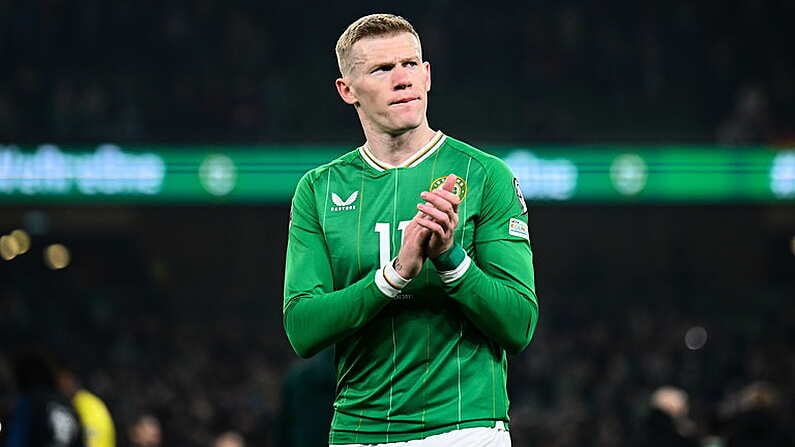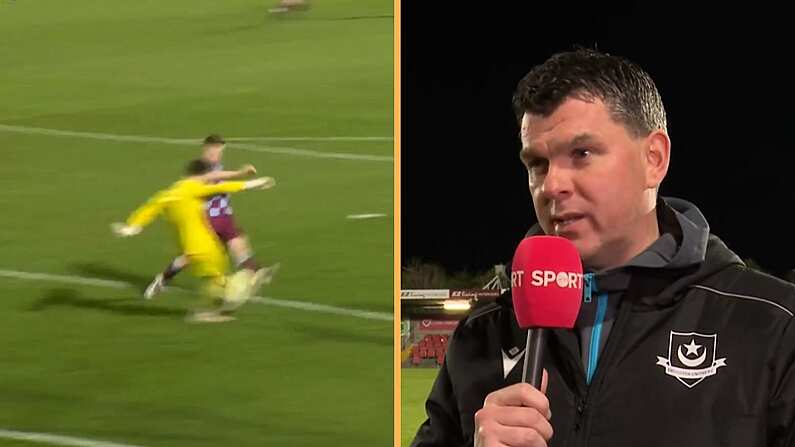At the mid-way point of the 2017/18 season, Kick It Out, football's leading equality and inclusion organisation in the UK, has released a report detailing the number of incidents reported this season thus far.
A third-party reporting bureau that attempts to raise issues of discrimination occurring within the English game with the relevant authorities, there has been an increase of 59% in terms of reports lodged with the organisation.
Receiving over 300 reports by the end of 2017, this time last year, 177 had been recorded. Largely revolving around the issue of racism (54%), homophobia, biphobia and transphobia (22%) and antisemitism (9%) were other notable areas targeted.
Although these incidents are drawn from the complete spectrum of football in the UK, the professional game has seen an increase of 75% in terms of reported discriminatory incidents - a total of 131 coming across the men's and women's game.
At the highest echelon of the game in England, the Premier League made up just under half of these 131 reports (49%).
While it could be perceived that such heightened numbers suggest an increase in incidents, the possibility that people are perhaps simply more willing to report incidents offers a potentially more positive spin on these unsettling numbers.
Lord Ouseley, Chair of Kick It Out, has nonetheless called on the football authorities to increase their efforts in tackling such behaviour:
Our latest statistics reveal a significant increase in incidents of discrimination in football, which should act as a wake-up call to everyone in the sport.
The spike in these mid-season reporting statistics come against the backdrop of rising hatred in our society, as recently shown in Community Security Trust’s publication of reported antisemitic incidents. These pieces of evidence indicate there is no place for complacency when it comes to challenging prejudice.
In recent years, the football authorities have improved procedures it has in place to identify and challenge discrimination in the game and we are pleased that more people are aware of the reporting avenues available to them - but we must continue to ensure reporting processes deliver outcomes for perpetrators, as well as victims of hatred in football.
Ultimately, tackling discrimination must be a collective effort. The leaders across all sections of society and football, as well as the broader public and football supporters themselves, need to take action, report discrimination and help us eradicate hatred.

